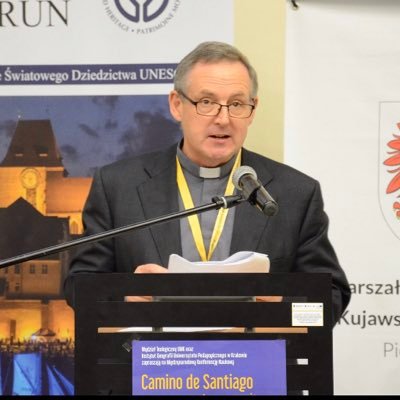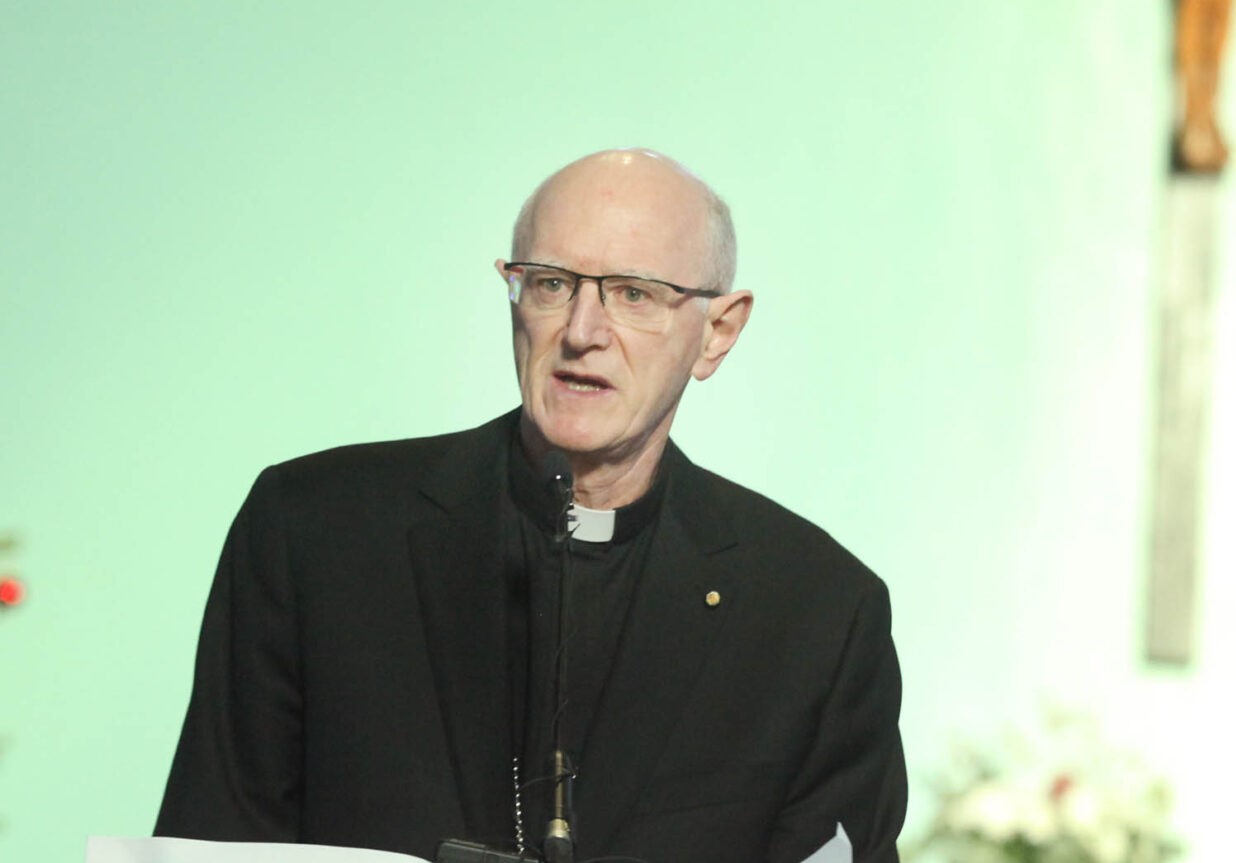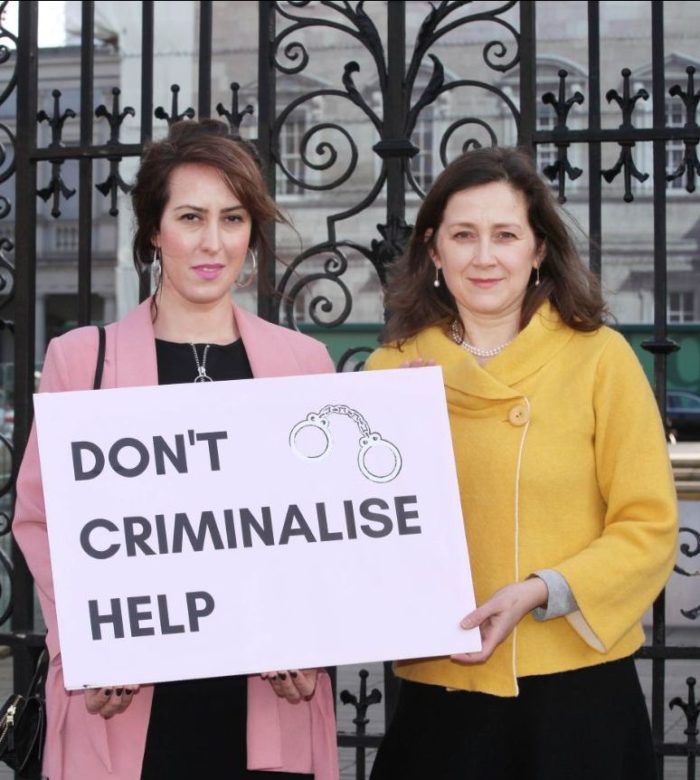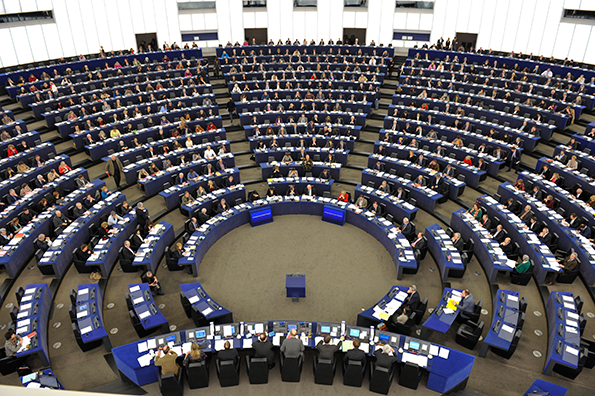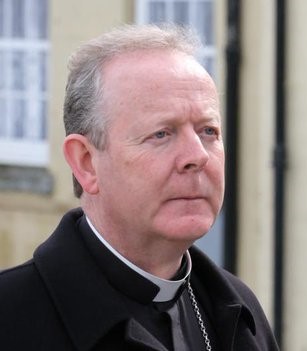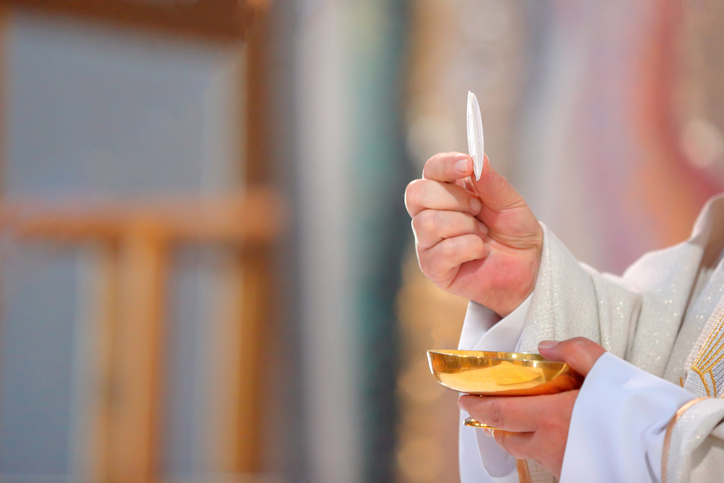A study purporting to show that non-religious teachers in faith-based schools are hiding their identity to preserve their career prospects lacks adequate evidence to force a change in policy, according to a leading educationalist.
In a letter to the Irish Times, Professor Eamonn Conway, Head of Theology and Religious Studies, Mary Immaculate College, Limerick, said the cross-Border study consulted only 15 teachers in Ireland, five from the North and 10 from the South. Moreover, he added, all 15 were all recruited through “snowballing” or “chain-referral”, a method whereby one respondent recommends another, very often of like mind.
“Therefore, contrary to what the study contends, the findings are far from generalisable and provide no basis for advocating changes to law or policy”, he wrote.
He also said that teachers may hide their identity for a multiplicity of reasons, including hiding their faith, even in nominally faith-based schools. Citing a recent meeting of Catholic educators at Mary Immaculate, several teachers reported how challenging it can be “to acknowledge their religious convictions openly and sincerely, whether in the classroom or the staffroom, and this even in schools which purport to have a religious ethos”.


